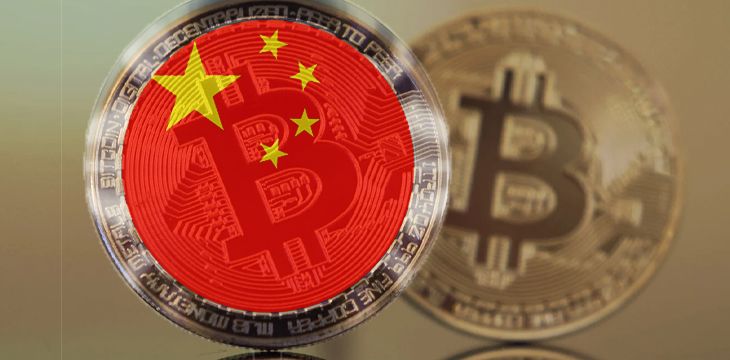|
Getting your Trinity Audio player ready...
|
Bitcoin is not entirely banned by the state in China, with the position more nuanced than is widely believed, according to a leading arbitration organization in Beijing.
Beijing Arbitration Commission said Bitcoin related activities were not banned, despite China’s restrictive laws, because digital currency is essentially a commodity.
In a report, the Commission clarified the legal position, setting out the main types of activity that would be in breach of the law. The report specifies digital currency exchanges and trading platforms where digital currency is exchanged for fiat, as well as other instances where digital currency is used for payments.
However, they go on to suggest the same laws that prevent digital currency from being legal money in China define digital currency as a commodity.
“In summary, the state does not prohibit Bitcoin’s activities as virtual commodities, except for the activities that Bitcoin is engaged in as legal tender.”
“The ‘General Principles of Civil Law’ do not make specific provisions on the extension and connotation of virtual property, but only stipulates that the protection of virtual property must be stipulated by law, and the specific protection measures of virtual property are entrusted to other laws. As the country currently has no laws on Bitcoin, it cannot be recognized as a virtual property.”
Furthermore, because Bitcoin is not legal tender, it cannot be involved in illegal transactions.
“The prohibited transactions include those when Bitcoin is used as a currency. If Bitcoin does not engage in activities as a currency, it is not a transaction prohibited by the state. For example, in the equity transfer contract dispute decided by the Shenzhen International Arbitration Court, the two parties agreed on the return of Bitcoin. Bitcoin is only used as a general property. Therefore, the transaction does not violate relevant national regulations and should be valid.”

 02-14-2026
02-14-2026 




